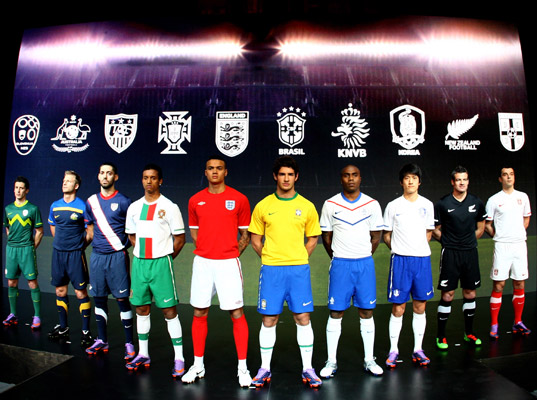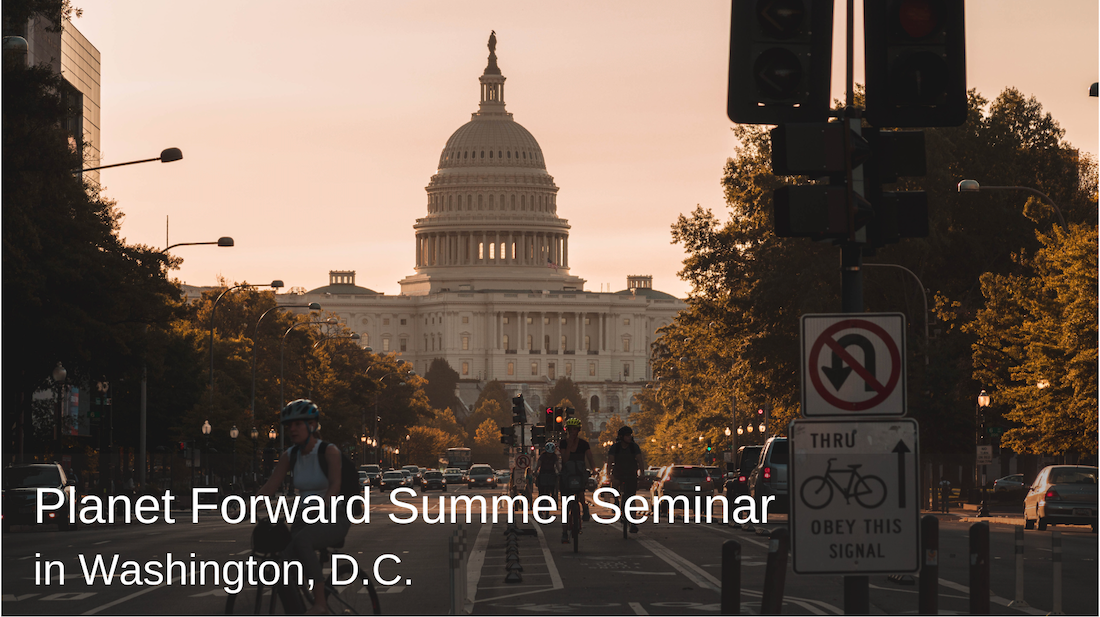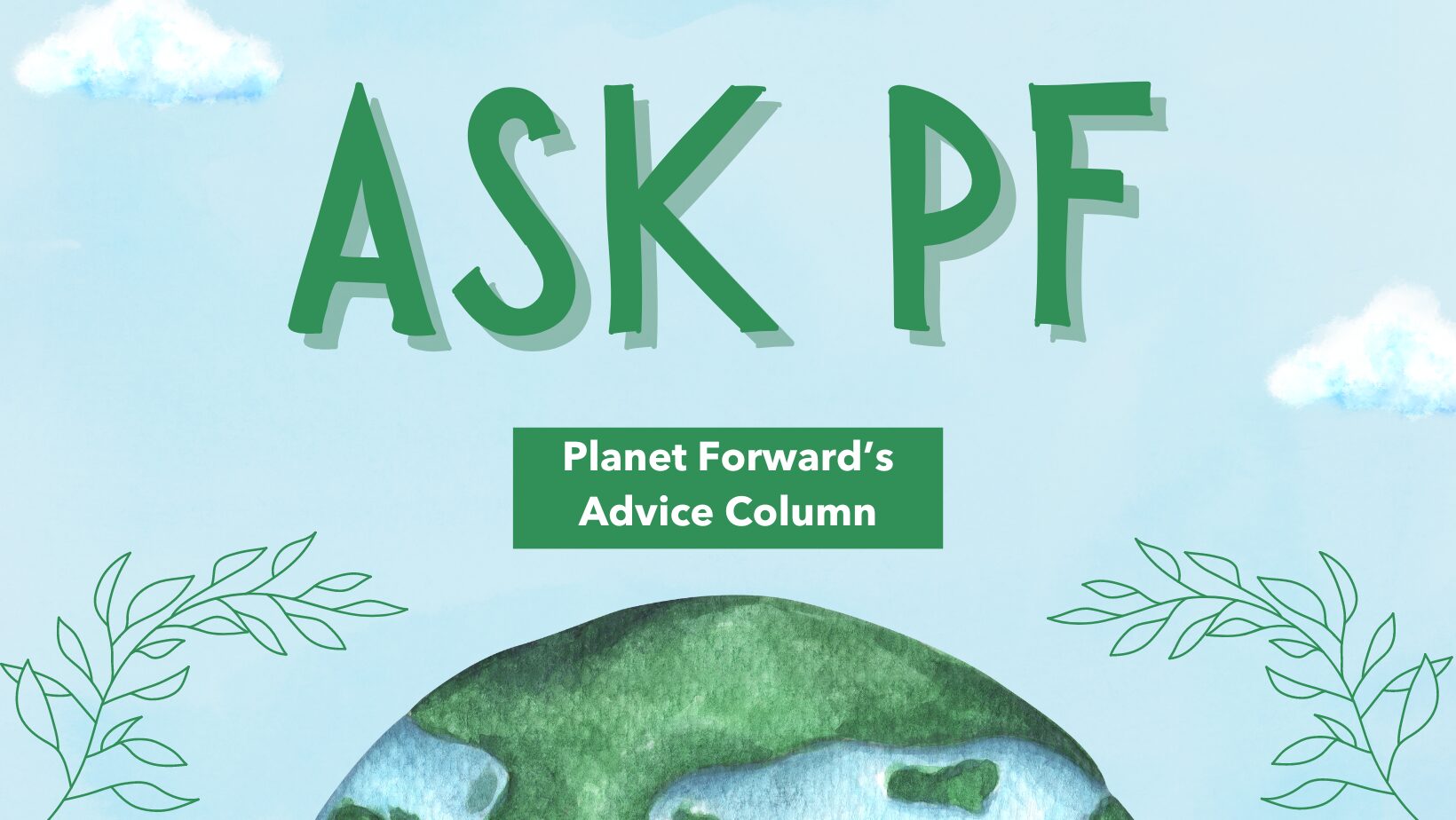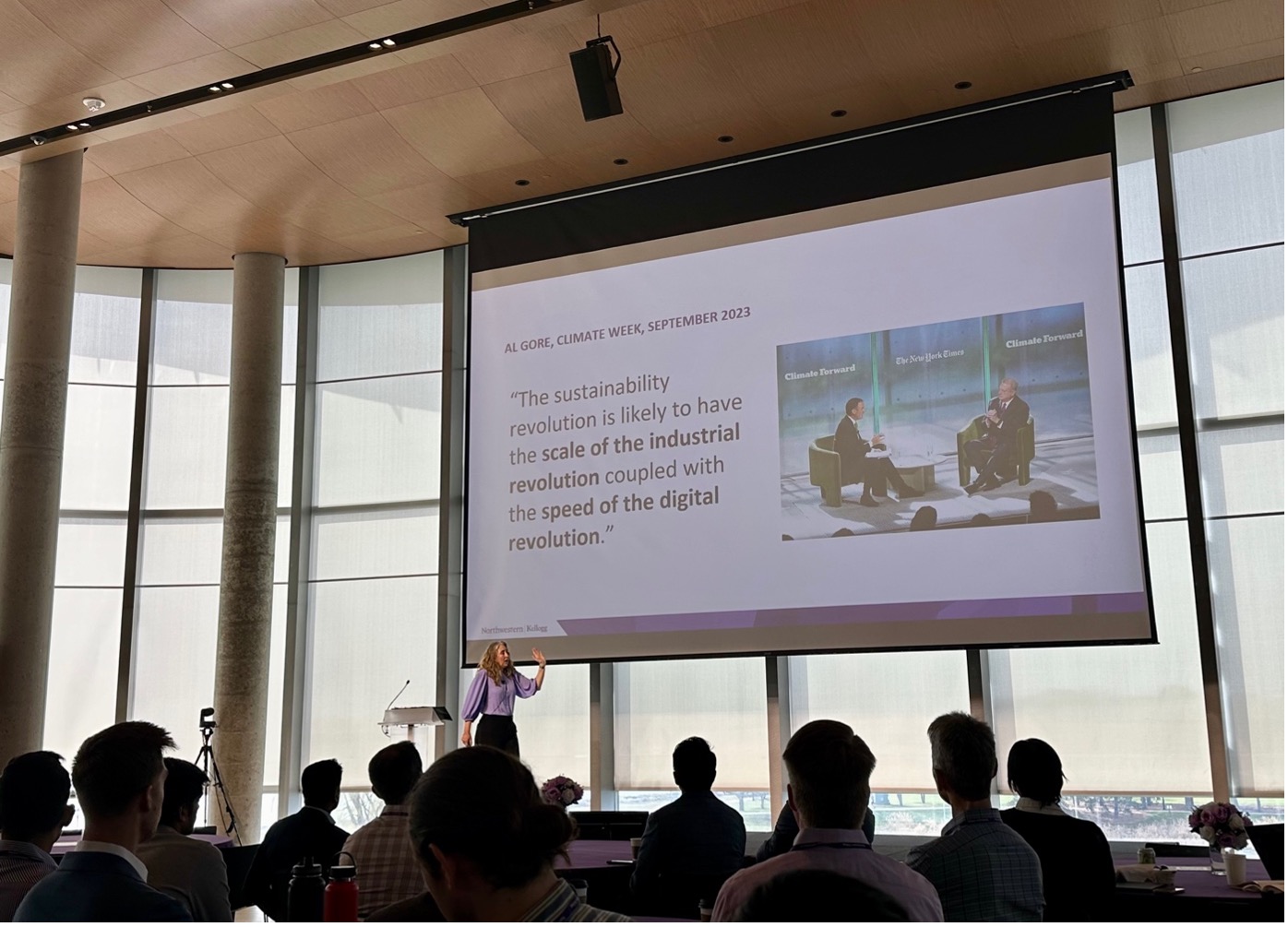
Cool World Cup Uniforms Aside, Plastic Recycling Is a Waste of Time

The plastic industry folks are really good at using the media to get their message out and they seem to have turned up the volume on one particularly misleading bit of information lately, placing story after story about plastics recycling being a great way to deal with the world’s plastic pollution. But despite the fact that some hack new lifecycle study says its a good idea, or that everyone is super excited about Nike’s World Cup jerseys made from PET, it remains a non-solution to a growing problem.
The thing is, we don’t “recycle” plastic, we downcycle it. While glass and aluminum can be recycled into more glass and aluminum, with plastic the best we can hope for is that it will be used to make some other product (Nike football jerseys, say). And here’s the rub: eventually that product will end up in a landfill. So downcycling slows the progress of plastic from your “recycling” bin to the landfill, but it doesn’t actually do much to solve the problem.
“Collecting plastics at curbside fosters the belief that, like aluminum and glass, these will be converted into new similar objects, but they will simply be turned into other products that will end up at some point in the landfill,” Manuel Maqueda, co-founder of the Plastic Pollution Coalition explains. “They do not stem the need for more virgin petroleum.”
Even worse? Downcycling of plastic is only happening rarely.
“Plastic is cheap, and making things with virgin plastic is cheaper and renders better quality products than post-consumer resin, which means downcycling is never going to be a real solution,” Maqueda says.
As a result, according to the EPA, in the United States, 93 percent of plastics are not recovered. Plastic containers with a redemption value fare a bit better, but still only 62 percent are recovered.
In the United Kingdom, Sky News recently broke the story that at least three quarters of that country’s plastic waste was being shipped to China. That statistic was from a source at the UK Environment Agency; the waste industry worker the news crew spoke with put the number closer to 90 percent.
“What happens to our plastic ‘recyclables’ after they’re picked up remains a mystery to the general public in the US, so imagine China and other developing countries,” Maqueda says. “What happens there remains almost undocumented, but experts wonder how the Chinese deal with the developed world’s waste when it has a hard enough time dealing with its own.”
One thing we do know is that some portion of our plastic junk ends up in a town called Lianjiao. A team of journalists were able to film plastic dumping there recently before being kicked out. The problem with sending our plastic trash off to other countries to deal with–beyond all the obvious problems with such a strategy–is that most developing countries aren’t equipped with the advanced waste handling equipment necessary to deal with plastic, particularly in terms of downcycling it. The result? These countries could soon be drowning in plastic.
So if recycling isn’t useful, what are consumers to do? They can certainly reduce the amount of plastic they purchase, but the fact is that companies have made it difficult for consumers to avoid plastic.
“Do you choose how your printer is packaged? Do you choose how your CocaCola is bottled? Some make a profit by shoving this waste into our households, to the detriment of all,” Maqueda says. “How come producers are not responsible for the end of life of their products?”
And to companies like Nike, which has been touting its downcycled uniforms everywhere since the World Cup began, Maqueda says not so fast.
“The minimal amount of plastic waste that gets downcycled into products like these Nike uniforms should not make us very happy,” he says. “This is a drop of greenwashing sugar water in an ocean of plastic waste that is drowning our environment and poisoning our children.”
Instead, the Plastic Pollution Coalition encourages people to avoid single-use plastics (bottles, straws, etc.) as much as possible, and join the campaign to get international corporations to move away from using the material for disposable items and packaging.
“The myth of ‘recycling’ plastic is doing so much harm to our world,” Maqueda says. “We need a revolution in the way products are designed and disposed of. We need producer responsibility, transparency and accountability. Otherwise, we are just greenwashing a system designed to generate more and more waste.”




















